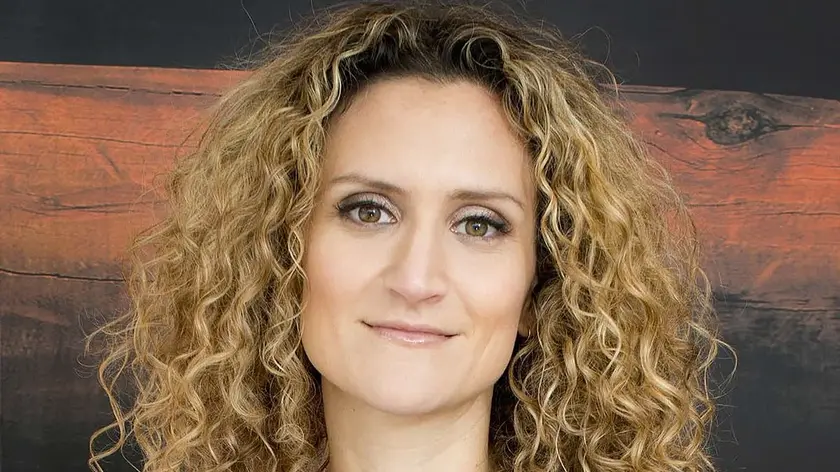T4K3.news
Largest hernia tests medical limits
Doctors say the record breaking hernia in Samantha Jackson could kill her if operated now, leaving few safe options.
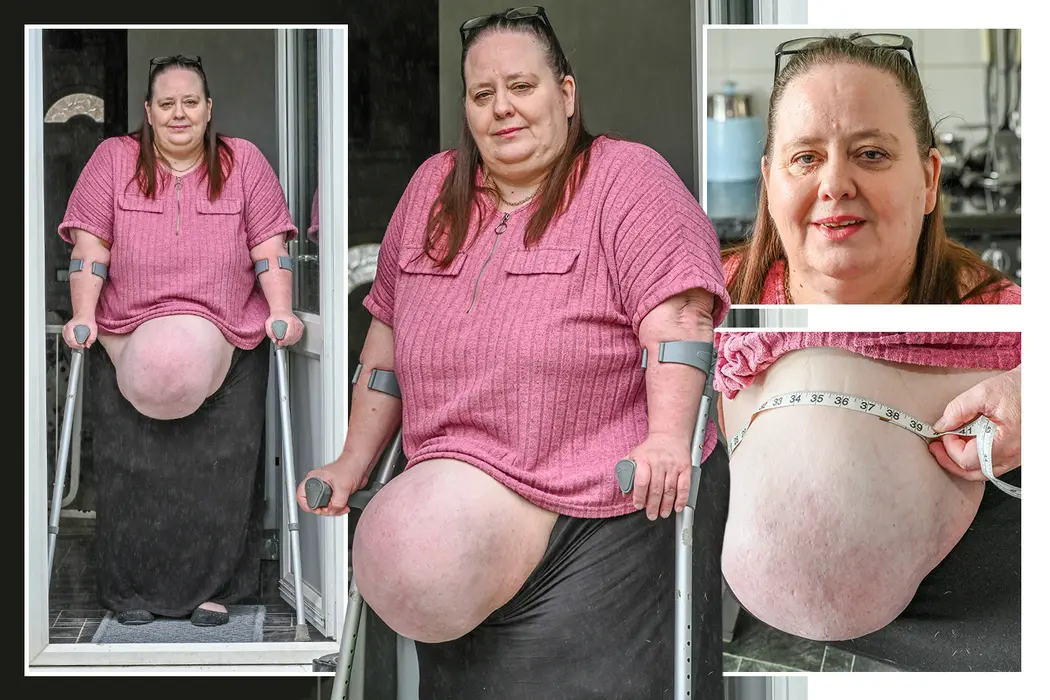
A British woman lives with what doctors say is the largest hernia they have seen, facing a life threatening decision as surgery could kill her.
Largest hernia tests medical limits
Since 2008 Samantha Jackson from Hinckley has lived with a lump that has grown into what doctors describe as the largest hernia they have seen. A planned operation in 2011 was canceled after doctors cited weight and high blood pressure, and she waited for years for a follow up. In January a new specialist said the hernia was too large to operate safely. Three surgeons have since told her this is the biggest case they have encountered and that surgery at this size could be fatal. The result is a life on hold, with the 56 year old housebound and dependent on disability benefits.
She has tried to keep a life online, teaching herself website design and starting a small company, but the physical limits keep her from work or travel. She describes a mind that stays active while her body cannot keep up and says she feels lost about the future. Her story raises a health system question about when clinicians should intervene and when risk must be accepted in extreme hernias. The pain is real, and so is the cost of delaying care.
Key Takeaways
"I just feel so lost"
Samantha expresses overwhelming uncertainty about her future
"If they had operated at the first chance I would have been 39"
Reflection on lost opportunity due to delays
"It’s all an absolute nightmare"
Overall reaction to the situation
"The hernia has forced my organs down"
Medical description of the condition
This case shows how delaying complex surgeries can turn a warning sign into a life altering barrier. When risk thresholds and capacity limits collide, patients with extreme conditions may face a no win situation where waiting worsens the odds.
Beyond the medical facts, the human toll is clear. The patient wants to work and live a normal life but faces a decision that pits a dangerous operation against a slow decay. The story invites readers to ask what a fair and fast care path should look like for people with rare medical problems.
Highlights
- I just feel so lost
- If they had operated at the first chance I would have been 39
- Absolute nightmare
- The hernia has forced my organs down
Hope lies in a care pathway that turns waiting into action.
Enjoyed this? Let your friends know!
Related News

Stress Internalization Linked to Memory Decline
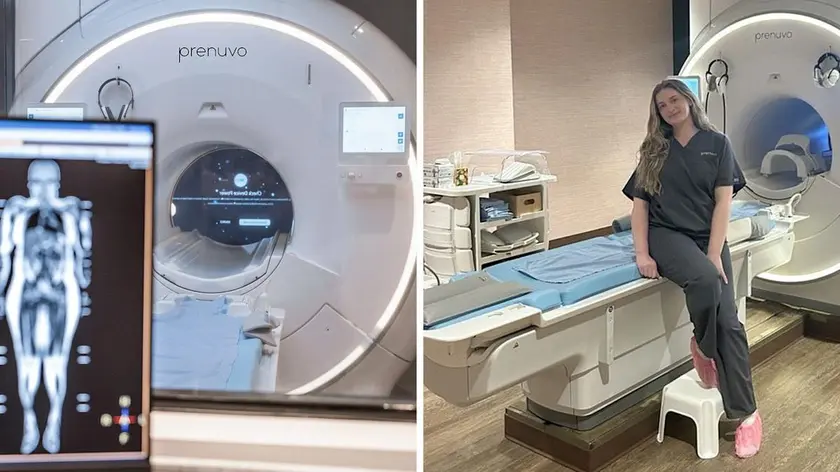
Whole Body MRI Insight vs Cost
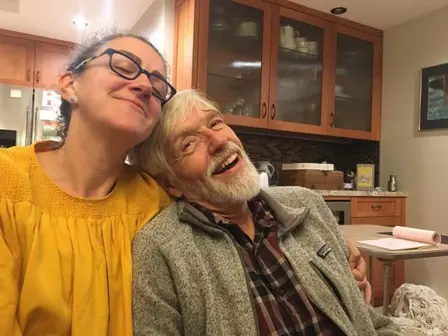
Study reveals lifestyle changes delay cognitive decline in older adults

Owain James case prompts call for tissue handling reform
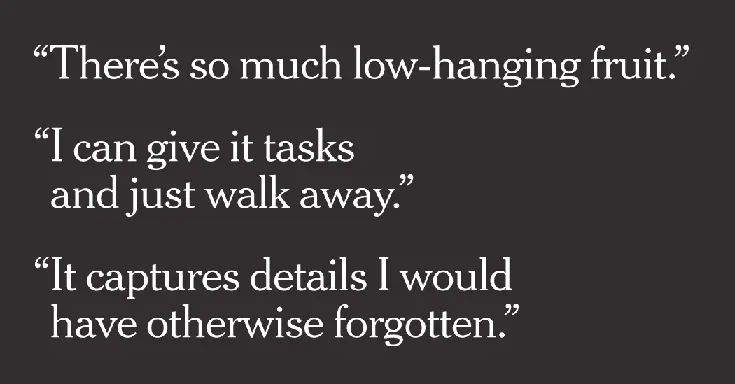
AI tools expand in workplaces

Eye test rule for drivers aged 70 plus announced
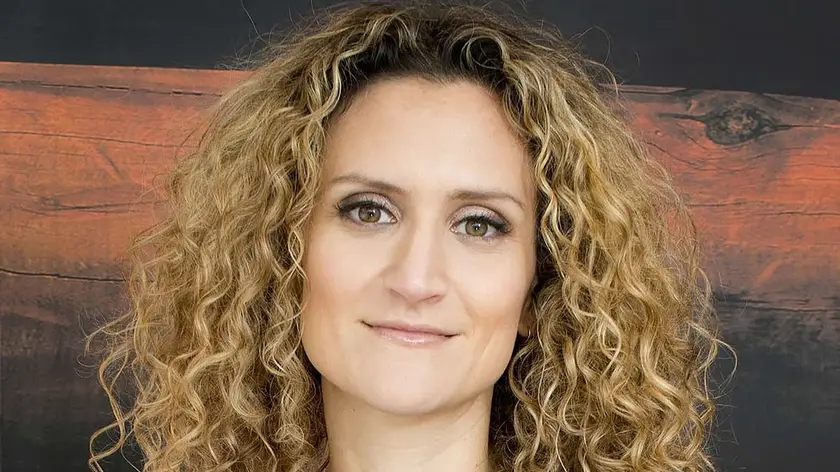
Toenail care and care choices

NASA and Google unveil space AI medical tool
